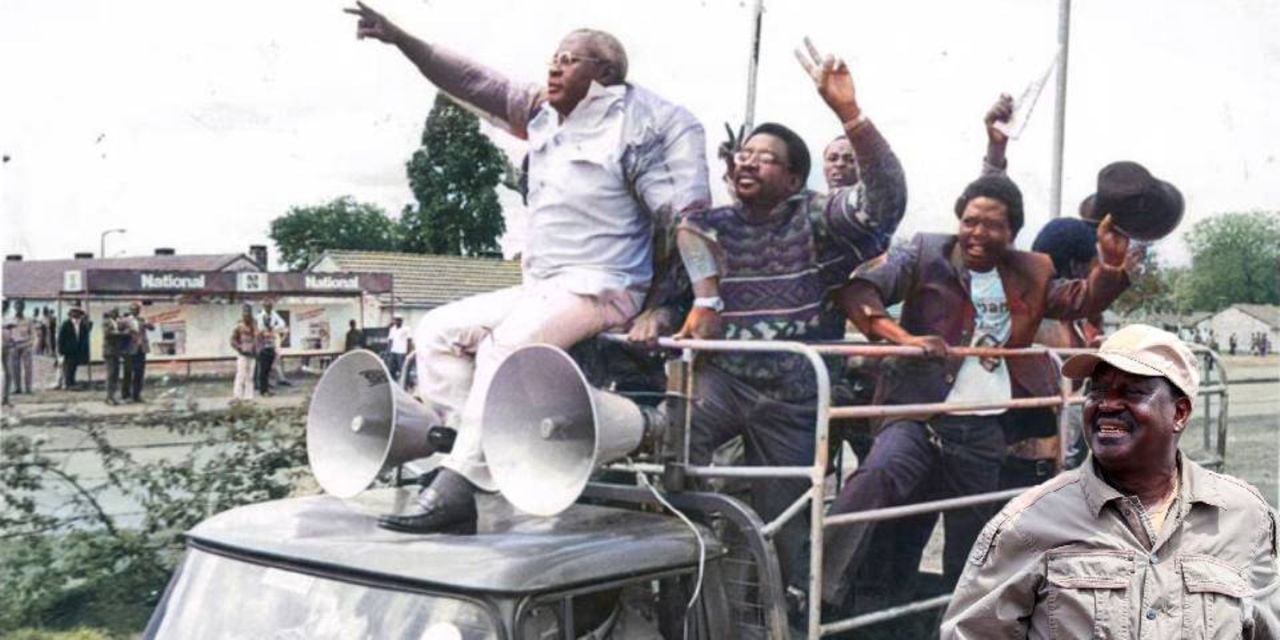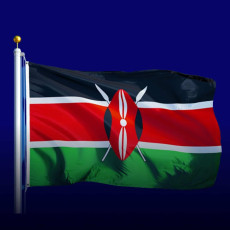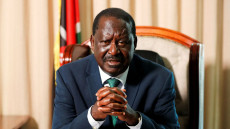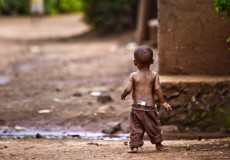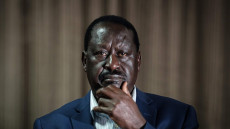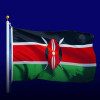- According to the consortium, the purpose of the protests is to pressure the president listens to grievances that Kenyans have presented to him.
Saba Saba is a term used in Kenya to mean July 7. This day was a historical moment way back in 1990 when Kenyans held a nationwide protest to demand multi-party democracy.
The anticipation was to bring to an end the dictatorial rule of Mzee Daniel Arap Moi, the president at the time. Therefore, the day symbolises fighting for political freedom in Kenya.
More than three decades later, Kenyans are at it again. This time, not only fighting for political freedom but for human rights as well.
In 2024, 34 years later, Kenyans took to the streets to reject the 2024 Finance Bill. The Bill had increased taxes on basic commodities like foodstuffs, and had the potential of harming local industries, and the burden on low-income earners was disproportional.
Generally, the bill had a potential negative impact on the cost of living, business operations and the overall economy.
Read More
As if that was not enough, in 2025, Kenyans are mobilising themselves under the 'GEN Z protests' as they call it to protest against poor governance, police brutality and killings, high cost of living and high taxes imposed on them by the government, among others.
The National Alternative Alliance, a consortium of political parties and civil societies, came out to announce that they are planning to rally Kenyans to commemorate Saba Saba.
According to the consortium, the purpose of the protests is to pressure the president listens to grievances that Kenyans have presented to him.
This is happening shortly after Kenya held a series of protests that climaxed on June 17 and June 25, 2025. The demands are the same: "stop abductions, stop police brutality, stop police killings, lower the cost of living, stop corruption, stop nepotism etc."
The 2010 Constitution has the Bill of Rights, which has widened and strengthened the protection of the fundamental rights and freedoms of citizens as compared to the previous Constitution.
According to the Bill, every Kenyan has "the right to peaceably and unarmed assemble to demonstrate, picket and present petitions to public authorities."
Although Kenyans have done this since 2024, little has been done by the state to change the situation.
Instead, the state has gone against the Constitution by threatening, harassing, arresting, abducting and killing protesters and their supporters, the majority of whom are young people (Gen Z). This vividly reminds us of the dark days that led to the 1990 Saba Saba protests.
Evidently, at least the recent police killings of Albert Ojwang, a blogger and Boniface Kariuki, a mask vendor are in public domain. The two Kenyans were unarmed and complied with police orders, but were still killed by the police.
Comparing the original Saba Saba protests and today's protests 35 years later, there's a lot of familiarity. Police officers picking up individual activists, killing innocent unarmed civilians in the daylight, the same police officers were attacking protesters, ununiformed and masked. All this is unconstitutional.
It seems like our leaders want to take us back to the former dark days of the 1980s and 1990s. They have forgotten that this cannot work because times have changed and technology has advanced.
Unlike the 1990s when technology was unadvanced, today, you try it, everybody is watching and recording you. With social media, the world will know in a flash of a second.
The only way out is for our leaders to listen to the public cry, build consensus with the public and follow the Constitution to the letter.

